6 Benefits Of Allantoin For Skin, How To Use, & Side Effects
From wound healing to moisturization - this natural compound has numerous protective benefits.

Image: Shutterstock
Many products contain allantoin for skin care. But, have you ever heard of it? Don’t be concerned. You are not to blame! This skin-beneficial substance has never received the attention it truly deserves. Due to its great skin advantages, allantoin is commonly used in Korean cosmetic products. You will adore this ingredient if you have dry or sensitive skin. Let’s take a look at what allantoin does to your skin. Just keep reading!

 Know Your Ingredient: Allantoin
Know Your Ingredient: AllantoinWhat Is It?
A chemical extract from the comfrey plant, Allantoin is a glyoxylic acid diureide found in temperate Asian and European climates.
What Are Its Benefits?
It helps in healing injuries, locking skin moisture, and exfoliating dead skin cells, thus improving overall skin health. It is also effective in treating chronic skin problems like eczema.
Who Can Use It?
Anyone can use it, but individuals with dry skin will find it more beneficial.
How Often?
Twice a day is the recommended usage.
Caution
Avoid combining it with AHAs and BHAs as that can cause redness, over-exfoliation, and skin irritation.
 Trivia
TriviaIn This Article
What Is Allantoin?
Allantoin is a chemical ingredient and diureide of glyoxylic acid, often used to treat dry, rough, and itchy skin due to its moisturizing, skin smoothing, and wound healing properties (1),(2).
Allantoin also occurs naturally. Comfrey, a shrub that grows in some parts of Asia, North America, and Europe, is a reservoir of allantoin. Existing research attributes a significant number of comfrey benefits to its allantoin content, making it a potent ingredient for ointments, creams, and lotions (3).
However, the comfrey plant contains toxins, which may cause serious side effects if used in its natural form. Luckily, its extracts are refined and processed in the labs to remove all toxins to make them suitable for cosmetic and skin care products (4).
Allantoin is also found in sugar beets, chamomile, wheat sprouts, and in certain types of bacteria and animals but not as abundantly as in comfrey.
 Trivia
Trivia Did You Know?
Did You Know?The allantoin developed in laboratories is just as potent as its naturally occurring counterpart, and it can help your skin in many ways. Scroll down to know more about its benefits.
Key Takeaways
- Allantoin is a chemical substance that also naturally occurs in a shrub called comfrey.
- This ingredient can aid in wound healing, help you manage eczema, and fight the signs of aging.
- It is found in creams, gels, serums, and moisturizers.
- You may experience mild irritation, redness, and burning if you are sensitive to it.
Benefits Of Allantoin For Skin
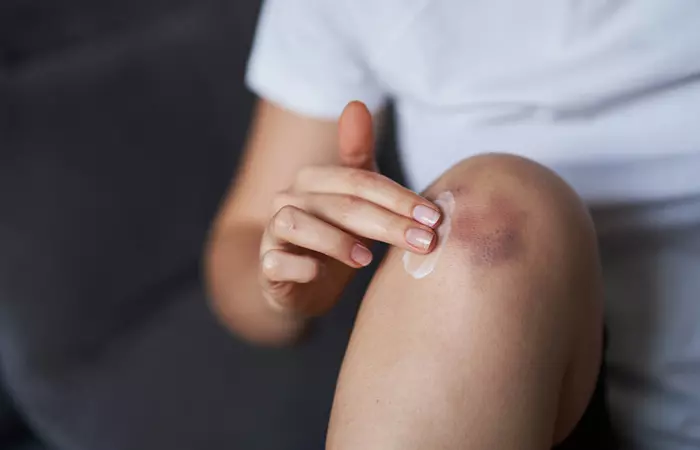
1. Heals Wounds
Allantoin helps heal wounds, skin injuries, and scars faster. A study analyzed wound records from The Health Improvement Network (THIN) database. In the 2017/2018 period, UK’s National Health Service (NHS) managed an estimated 3.8 million patients with wounds. 89% of acute wounds and 49% of chronic wounds showed signs of healing. However, an estimated 30% of all wounds remained unhealed. These individuals may benefit from using allantoin-based topical creams and formulations.
It stimulates the fibroblasts (cells that produce collagen) and boosts extracellular matrix synthesis, leading to the promotion of skin regeneration and cell proliferation. This helps re-establish normal skin on the wound site, making it less visible (5), (6). Comfrey extract may also help manage skin irritation. However, researchers concluded that it is because of the interaction of allantoin with other ingredients present in the extract (7).
2. Anti-Aging Benefits
A study showed that topical application of allantoin and other ingredients could improve skin texture and drastically reduce the appearance of wrinkles and fine lines (8).
It also facilitates collagen synthesis, which gives your skin a youthful appearance.
3. Keeps Your Skin Moisturized

Many are unaware of the effectiveness of allantoin for skin moisturization. Allantoin keeps your skin hydrated, plump, and soft by preventing transepidermal water loss which means if you have dry and flaky skin, it can help retain more water to keep the skin moisturized (8), (9), (10).
4. Promotes Skin Exfoliation
Allantoin is a keratolytic agent (10). This means it helps exfoliate dead skin cells and manage conditions where your epidermis produces excess skin cells (such as lesions and warts).
5. Help Manage Eczema
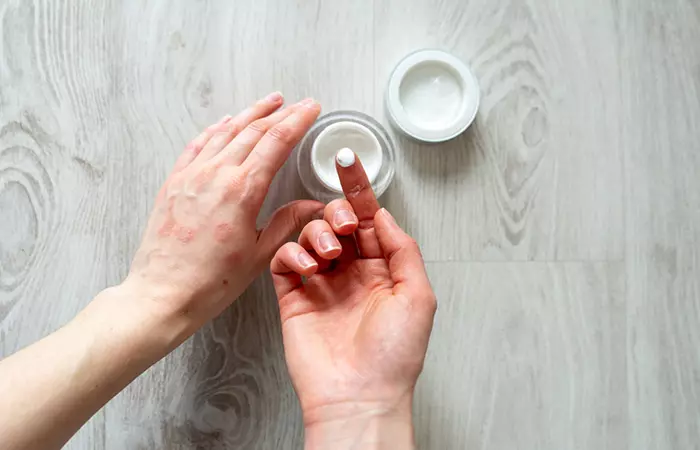
Allantoin, along with other ingredients, can help manage mild to moderate eczemai A non-contagious, inflammatory skin condition triggered by certain foods, causing itchy, scaly, and rough patches. by improving skin hydration, reducing itchiness, and soothing skin because of its anti-inflammatory properties (11). It exfoliates the dry and damaged skin cells to improve skin texture and radiance (12).
6. May Offer UV Protection
Anecdotal evidence suggests that allantoin may offer UV protection while moisturizing the skin. However, there is no scientific research stating the direct role of allantoin in sun protection, and detailed research is warranted. But it can be a perfect addition to your skin care routine to reap the other benefits it offers. For effective sun protection, it is advised to apply a sunscreen containing allantoin as one of the major ingredients to ensure appropriate hydration and protection from UV damage.
Allantoin is available as serums, moisturizers (creams and lotions), and gels. You can easily incorporate it into your daily skin care routine. Let’s understand how.
How To Use Allantoin
Cream Or Moisturizer
- Cleanse your face with a mild face wash.
- Apply a toner and follow up with the cream.
Serums And Gels

- Cleanse your face and neck with a mild cleanser.
- Apply a toner.
- Apply the serum or gel all over your face and neck.
- Seal the ingredients with a sleeping mask or night cream.
Allantoin is a safe ingredient for your skin. However, avoid combining it with certain ingredients.
Ingredients To Combine And Avoid With Allantoin
Allantoin works well with almost all ingredients (including retinol), especially silicone-based moisturizers and other emollients. However, avoid using it with alpha and beta hydroxy acids, such as glycolic, lactic, mandelic, and salicylic acids.
It is because allantoin and AHAsi Alpha hydroxy acids are skin exfoliants that shed the top layer of dead cells to keep the skin even-toned and smooth. and BHAsi Beta hydroxy acids are oil-soluble exfoliants that decongest the skin pores, and clear debris and oils to minimize acne. are skin exfoliants. Combining them may cause over-exfoliation, redness, and skin irritation.
The FDA-approved topical application of allantoin at 0.5% to 2.0% concentration is considered safe (13). However, it may cause some side effects. Scroll down to know more.
Side Effects Of Allantoin

Allantoin works as a conditioning agent for your skin. Like most other emollients, it is considered safe. However, if you are allergic to it, you may experience minor side effects, such as:
- Itching
- Skin irritation
- Redness
- Burning
- Stinging
If you use any skin product with allantoin and experience any of these side effects, stop using it immediately and consult a doctor.
Infographic: Precautions To Take Before Using Allantoin On Your Skin
Allantoin is a conditioning and protecting ingredient used in various personal care products. It is generally safe for both humans and the environment. However, if you wish to use a skin care product containing allantoin, you should first perform a patch test to ensure you aren’t allergic to any of the ingredients. Check out the below infographic to understand the precautions you should take before using this product.
Some thing wrong with infographic shortcode. please verify shortcode syntax
Allantoin is a well-known and widely used ingredient in various popular skin care products. It is one of the more flexible compounds in usage as a chemical compound that is excellent for the skin. If you have sensitive skin that easily becomes inflamed and red, allantoin can help. With so many advantages, it is easy to see why allantoin is so popular among cosmetic formulators. Now is the moment if you have not already incorporated it into your skin care routine. However, discuss your skin concerns with a dermatologist, and introduce products gradually. If you experience an allergic response, discontinue use.
Frequently Asked Questions
Is allantoin good for acne scars?
Yes, anecdotal evidence suggests that allantoin may reduce the redness caused by acne and help in cell rejuvenation.
Can I use allantoin and niacinamide together?
Yes, you can use allantoin and niacinamide together to keep your skin moisturized and nourished.
Is allantoin cancerous?
No, allantoin is considered safe for usage. However, you may develop an allergic reaction to it. Conduct a patch test to check for adverse reactions.
Is allantoin good for rosacea?
Yes, you can use gentle moisturizers with allantoin to keep your skin hydrated as part of your daily skincare routine (14).
Is allantoin suitable for all skin types?
Yes, allantoin is generally safe for all skin types. However, it’s always wise to do a patch test first to ensure it works well with your skin and if you have any specific skin issue, it is vital that you talk to your skin care expert for further advice.
Illustration: Benefits Of Allantoin For Skin, How To Use, & Side Effects
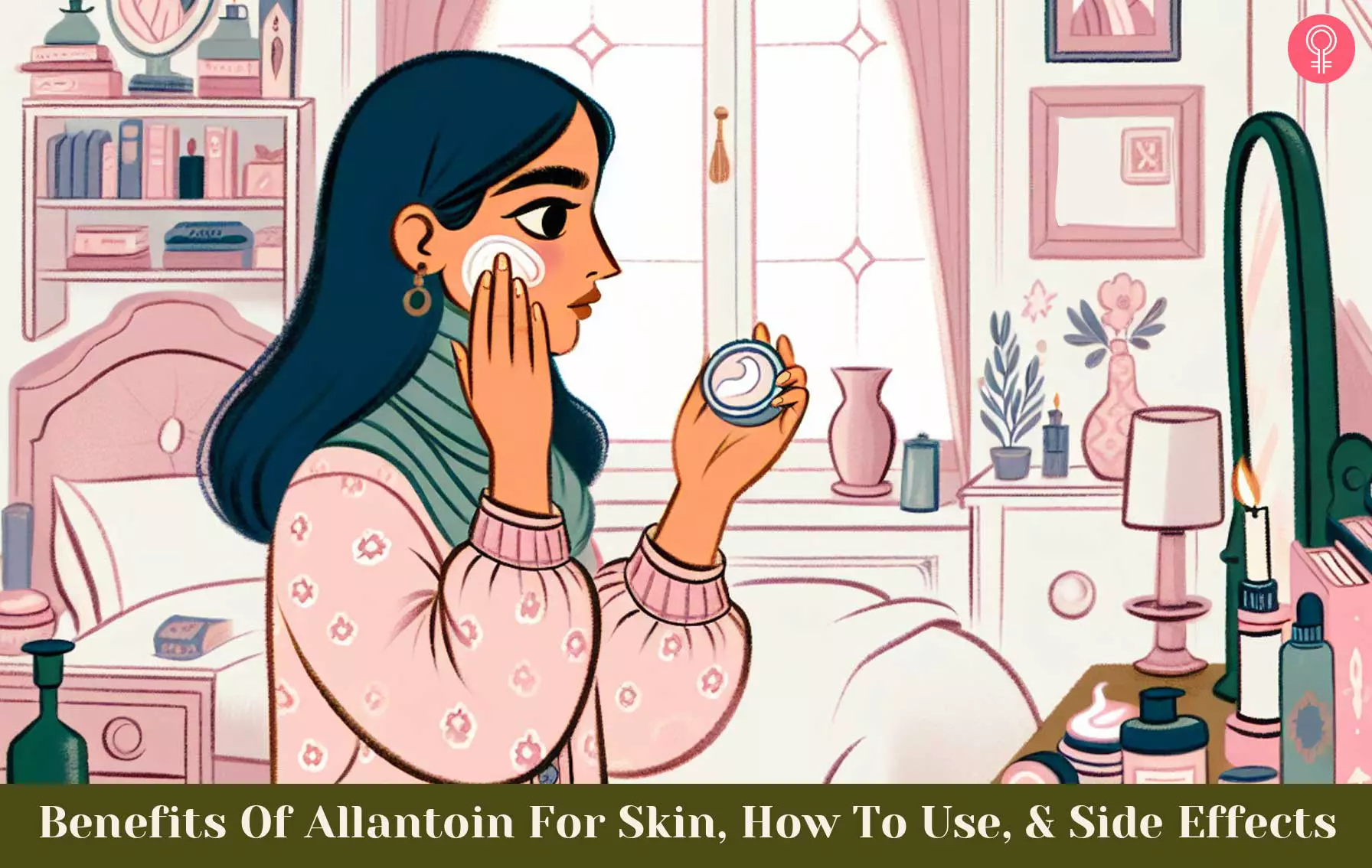
Image: Dall·E/StyleCraze Design Team
Learn about allantoin, a natural ingredient found in many skincare products. Also, discover its benefits and how it can improve your skin’s health. Go, take a look at the video.
References
Articles on StyleCraze are backed by verified information from peer-reviewed and academic research papers, reputed organizations, research institutions, and medical associations to ensure accuracy and relevance. Read our editorial policy to learn more.
- Allantoin
https://pubchem.ncbi.nlm.nih.gov/compound/Allantoin - Profile of wound healing process induced by allantoin
https://pubmed.ncbi.nlm.nih.gov/20877959/ - Comfrey: A Clinical Overview
https://www.ncbi.nlm.nih.gov/pmc/articles/PMC3491633/ - Final report of the safety assessment of allantoin and its related complexes
https://pubmed.ncbi.nlm.nih.gov/20448269/ - Profile of wound healing process induced by allantoin
https://www.scielo.br/j/acb/a/TgQXQQnLPHmtJ5dzq6vTsdD/?lang=en - An Investigation into Multifaceted Mechanisms of Action of Allantoin in Wound Healing
https://www.amicusrx.com/wp-content/uploads/2017/11/Multifaceted-Mechanisms-Allantoin.pdf - Comparative Study of the Biological Activity of Allantoin and Aqueous Extract of the Comfrey Root
https://pubmed.ncbi.nlm.nih.gov/25880800/ - Efficacy and Safety of an Anti-aging Technology for the Treatment of Facial Wrinkles and Skin Moisturization
https://www.ncbi.nlm.nih.gov/pmc/articles/PMC5774901/ - The effects of heat on skin barrier function and in vivo dermal absorption
https://pubmed.ncbi.nlm.nih.gov/24445121/ - Moisturizers: The Slippery Road
https://www.ncbi.nlm.nih.gov/pmc/articles/PMC4885180/ - A pilot study investigating the efficacy of botanical anti-inflammatory agents in an OTC eczema therapy
https://pubmed.ncbi.nlm.nih.gov/26596512/ - In-vitro Antioxidant Activities of the Ethanolic Extracts of Some Contained-Allantoin Plants
https://www.ncbi.nlm.nih.gov/pmc/articles/PMC5963650/ - Final report of the safety assessment of allantoin and its related complexes
https://pubmed.ncbi.nlm.nih.gov/20448269/ - Consensus on the therapeutic management of rosacea – Brazilian Society of Dermatology
https://www.sciencedirect.com/science/article/pii/S0365059620302543
Read full bio of Dr. Schwarzburg
Read full bio of Ramona Sinha
Read full bio of Anjali Sayee
Read full bio of Shiboli Chakraborti






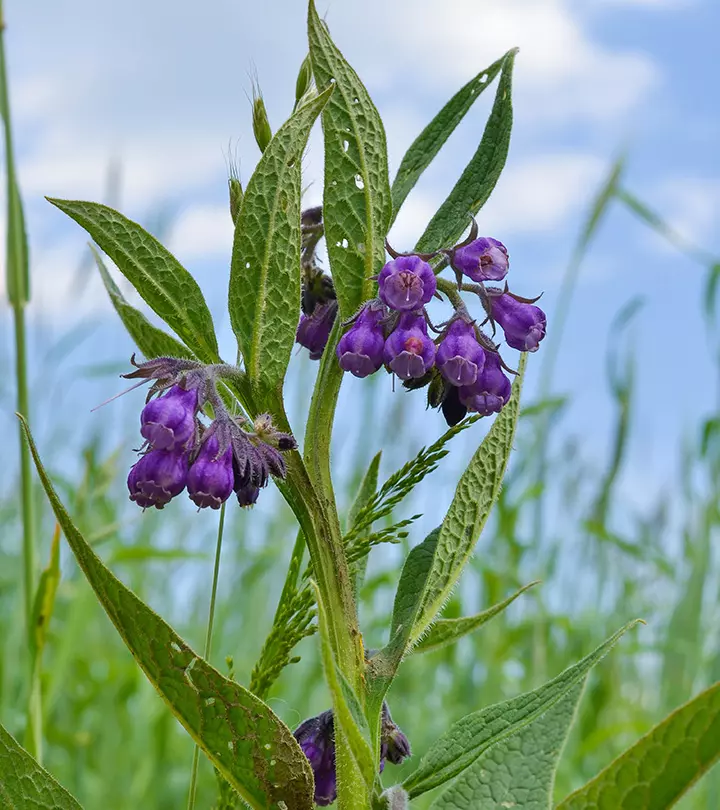

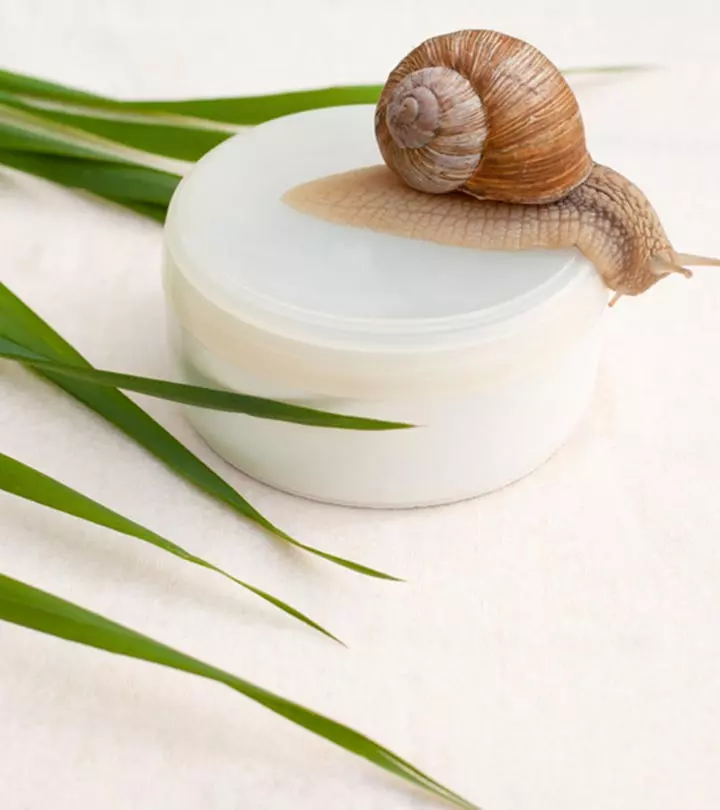
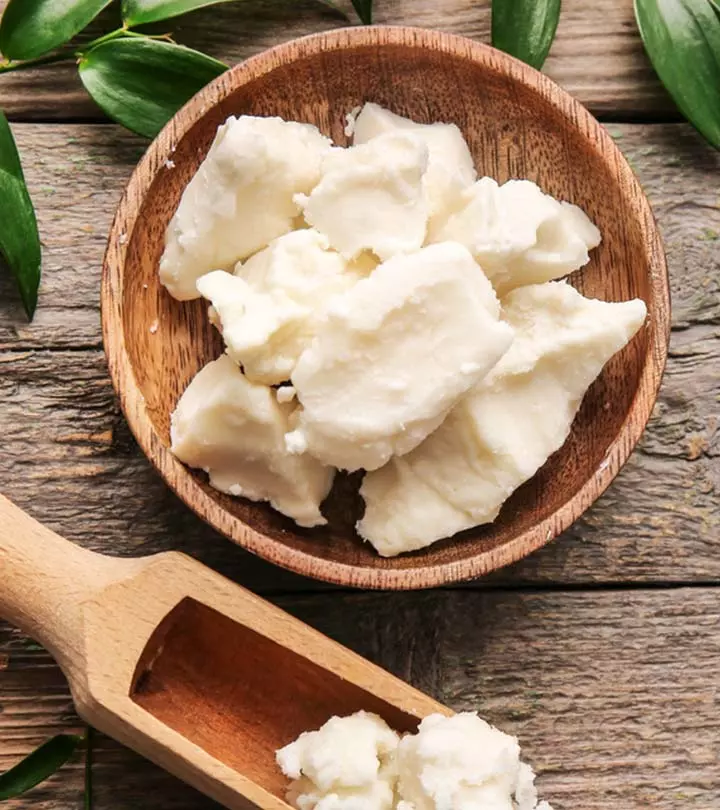
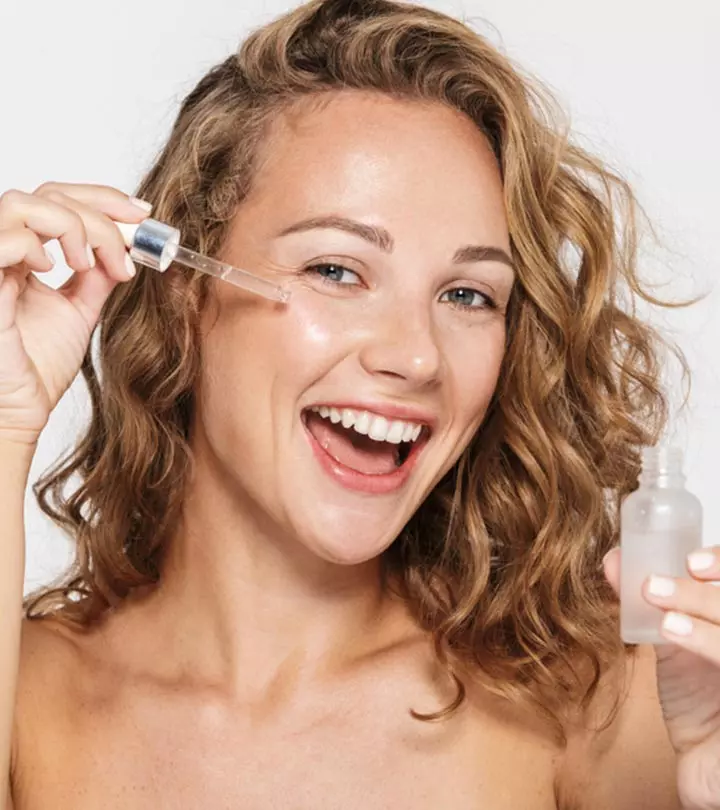
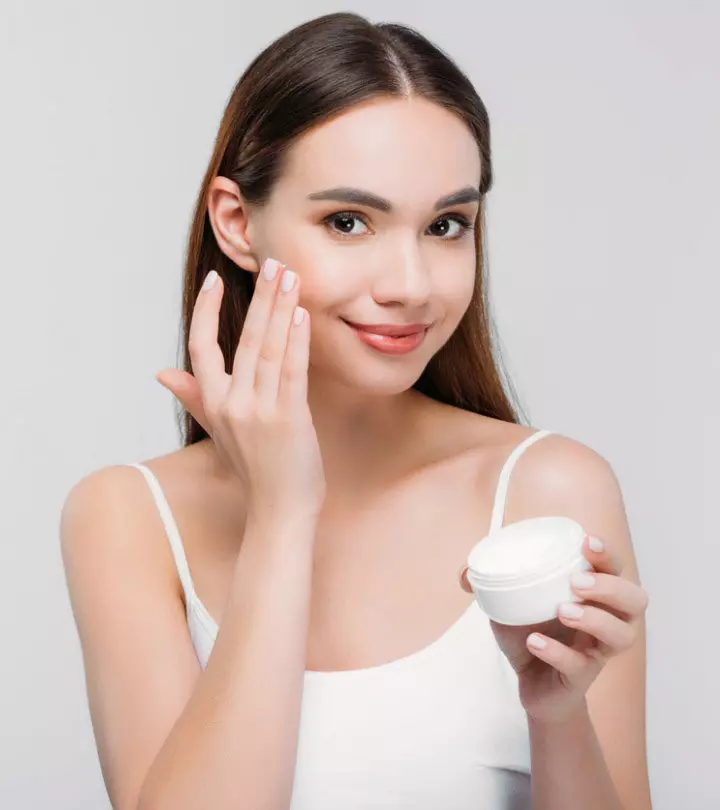
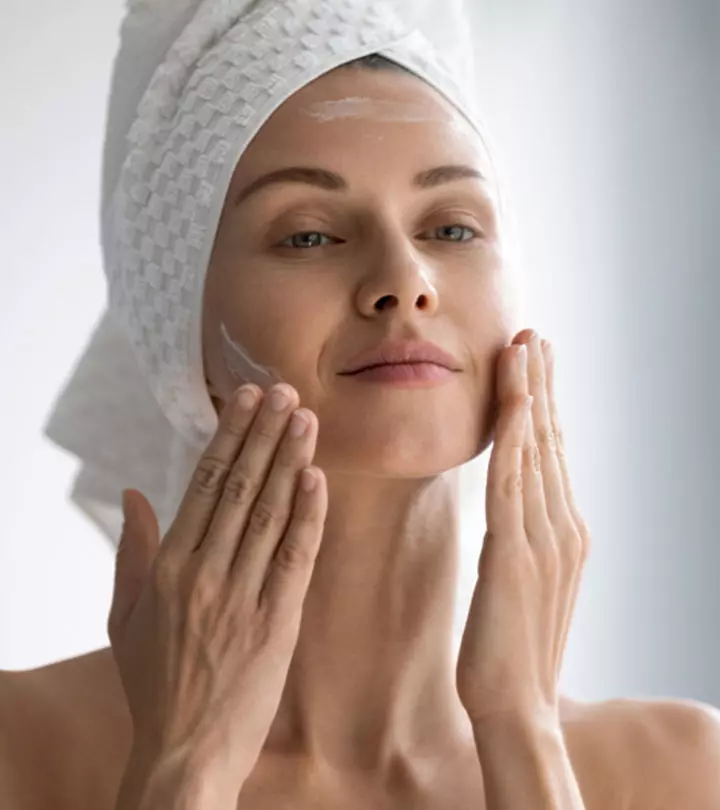


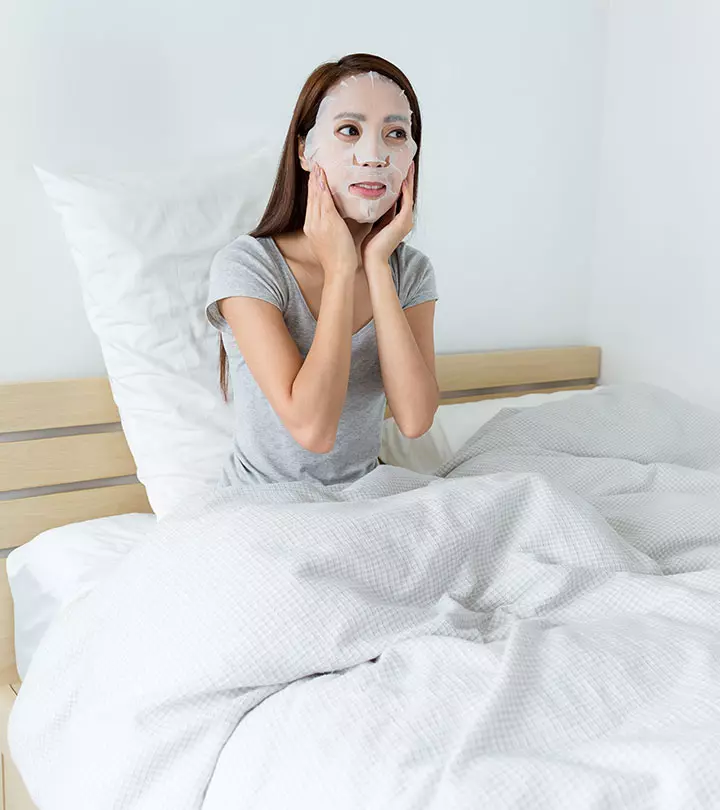
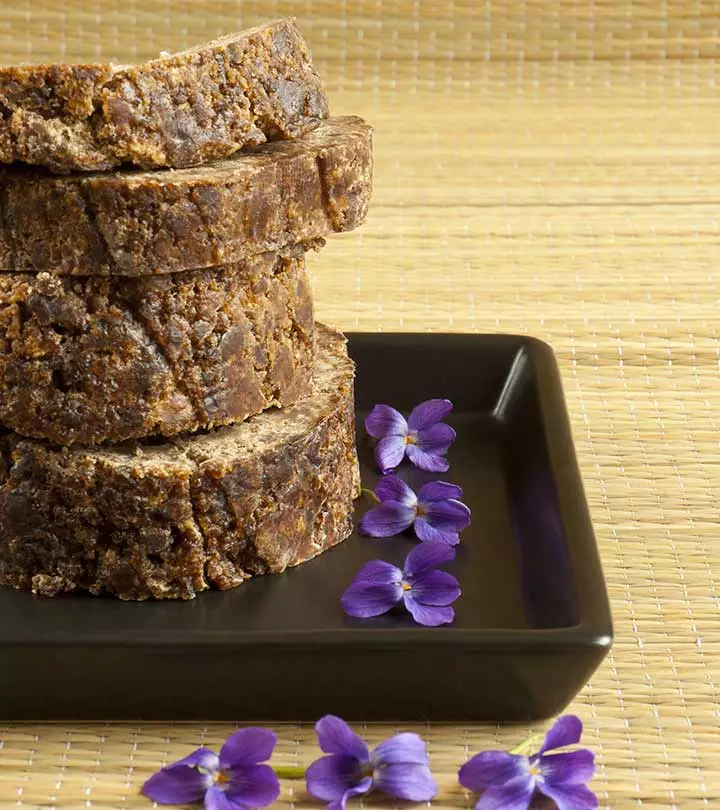
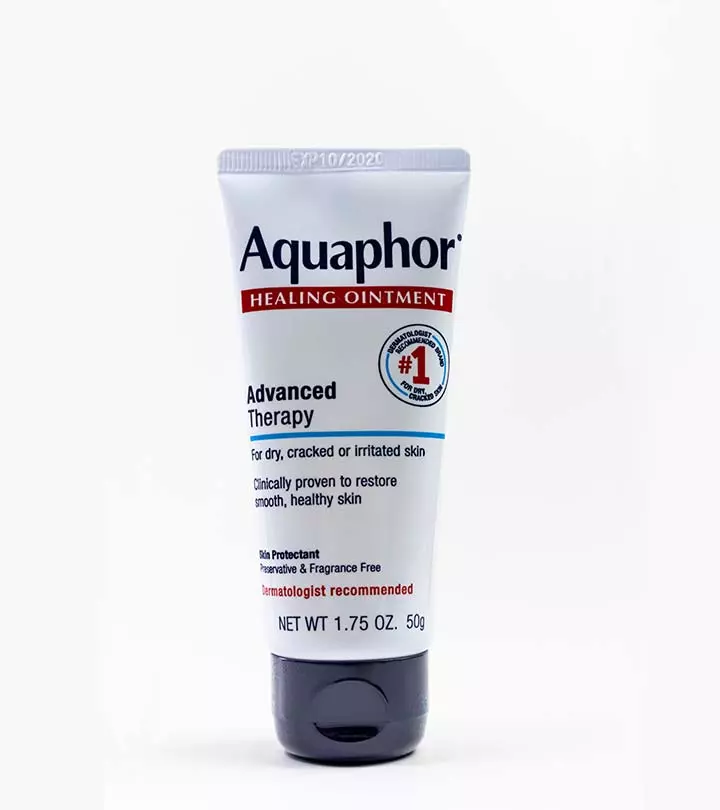
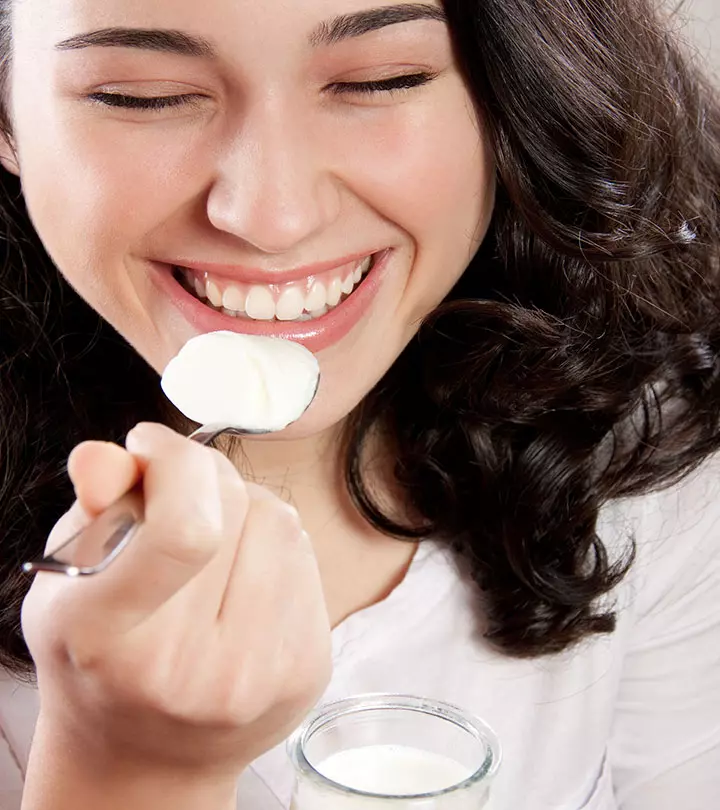


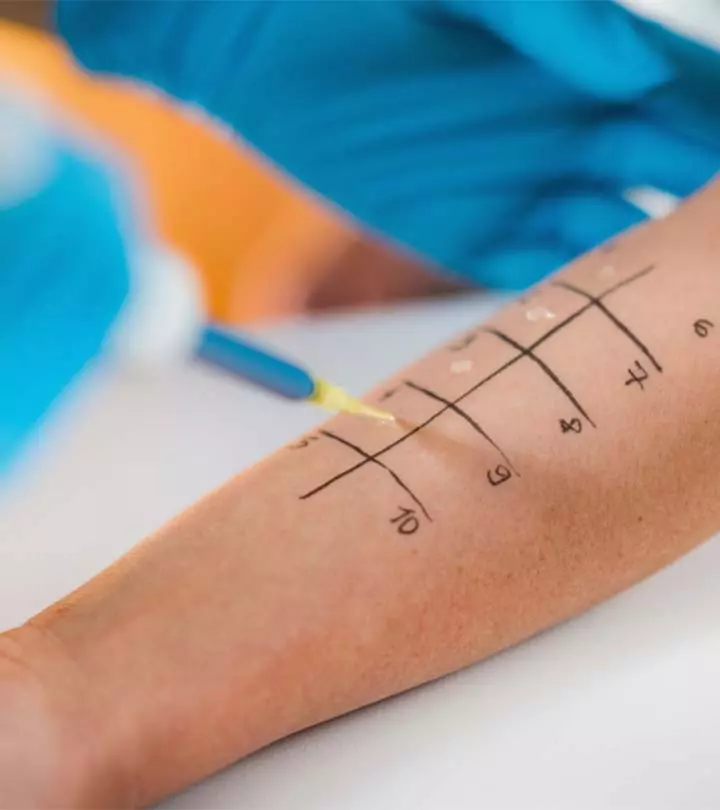
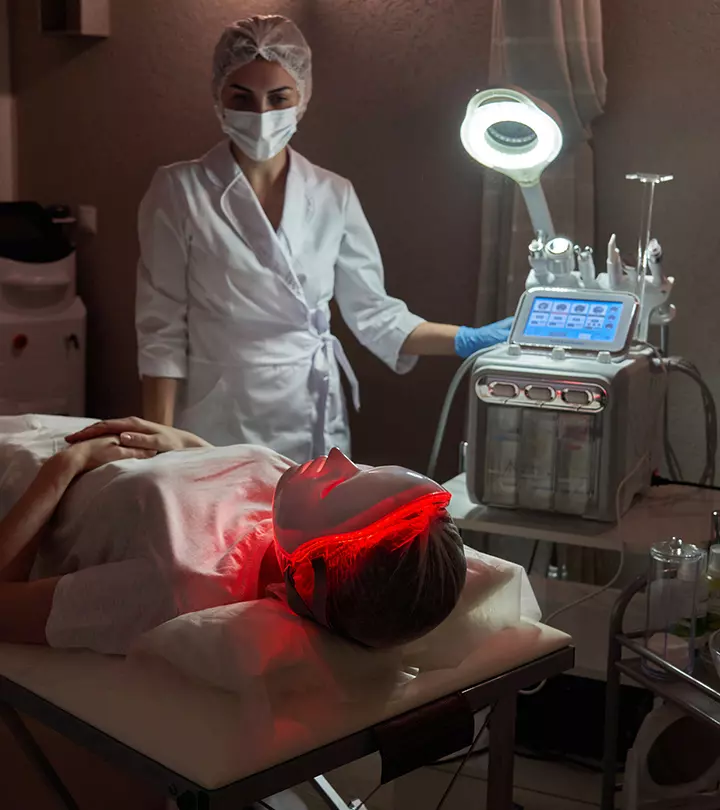


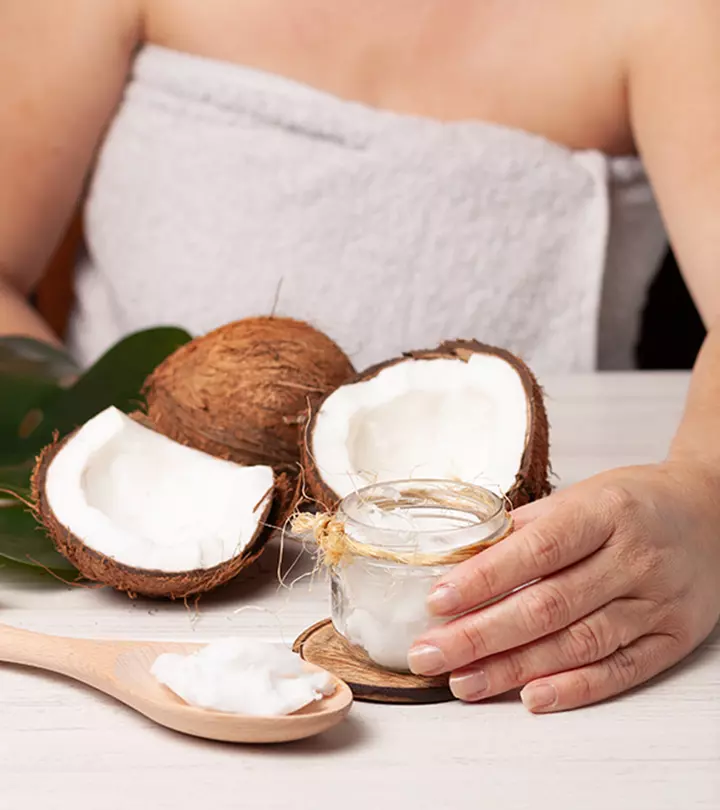
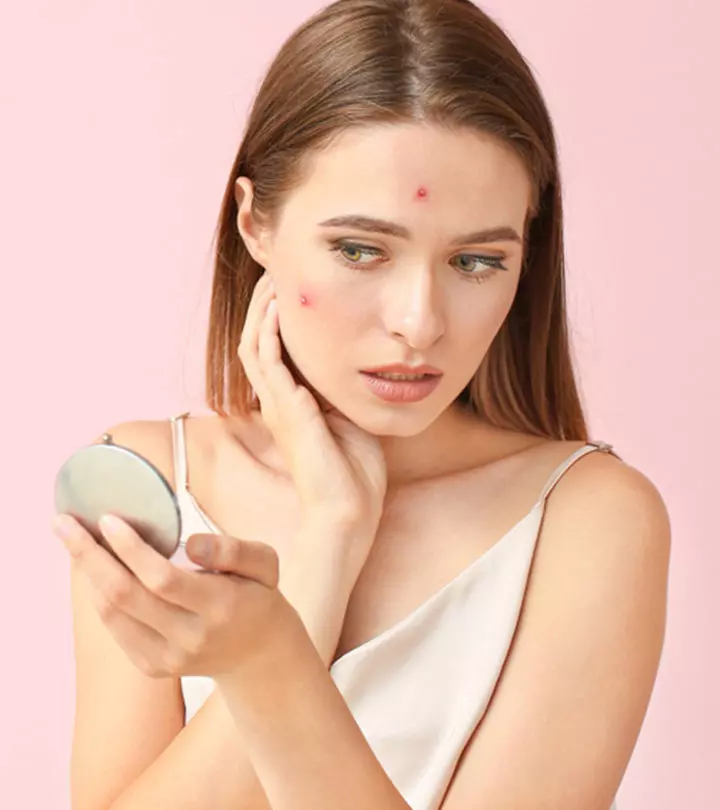
Community Experiences
Join the conversation and become a part of our empowering community! Share your stories, experiences, and insights to connect with other beauty, lifestyle, and health enthusiasts.